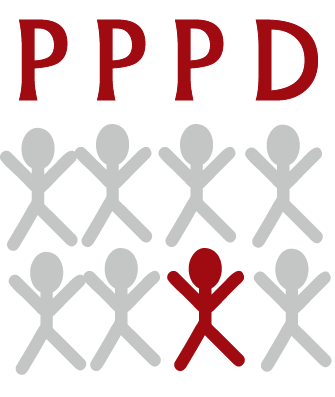Neue Publikation: Trainings nachhaltig gestalten
Referenz: Belinda Seeg, Iris Katharina Gauglitz & Astrid Schütz (2021) Explaining and enhancing training transfer: a consumer-centric evaluation of a leadership training, Human Resource Development International, DOI: 10.1080/13678868.2021.1904351
Abstract: This study presents a consumer-centric approach to training evaluations by providing an integration of transfer research and testing the resulting model with data from an evidence-based leadership training. A longitudinal field study with four measurement points was used to test whether evidence-based leadership training resulted in short- and long-term training effectiveness. To explain the underlying mechanisms, the impact of the postulated primary determinants (learning, transfer motivation, and opportunity) and the central secondary determinant (training design) on transfer were tested. Self-ratings from a sample of 62 leaders of a German middle-sized organization were used. There were training effects immediately after training and 10 months later – also with regard to follower ratings. Regression analyses revealed that all three primary transfer determinants predicted transfer. However, only learning incrementally affected transfer when controlling for the other determinants. Nevertheless, the full model substantially explained long-term near (adj. R2 = .47) and far (adj. R2 = .59) transfer. Perceived transfer-oriented training design emerged as central secondary transfer determinant for all three primary determinants. Results are discussed in terms of the result-oriented question of whether evidence-based training pays off on an organizational level and the process-oriented question of which determinants are essential for transfer at the individual level.
Die Online-Version des Arikels finden Sie hier.
